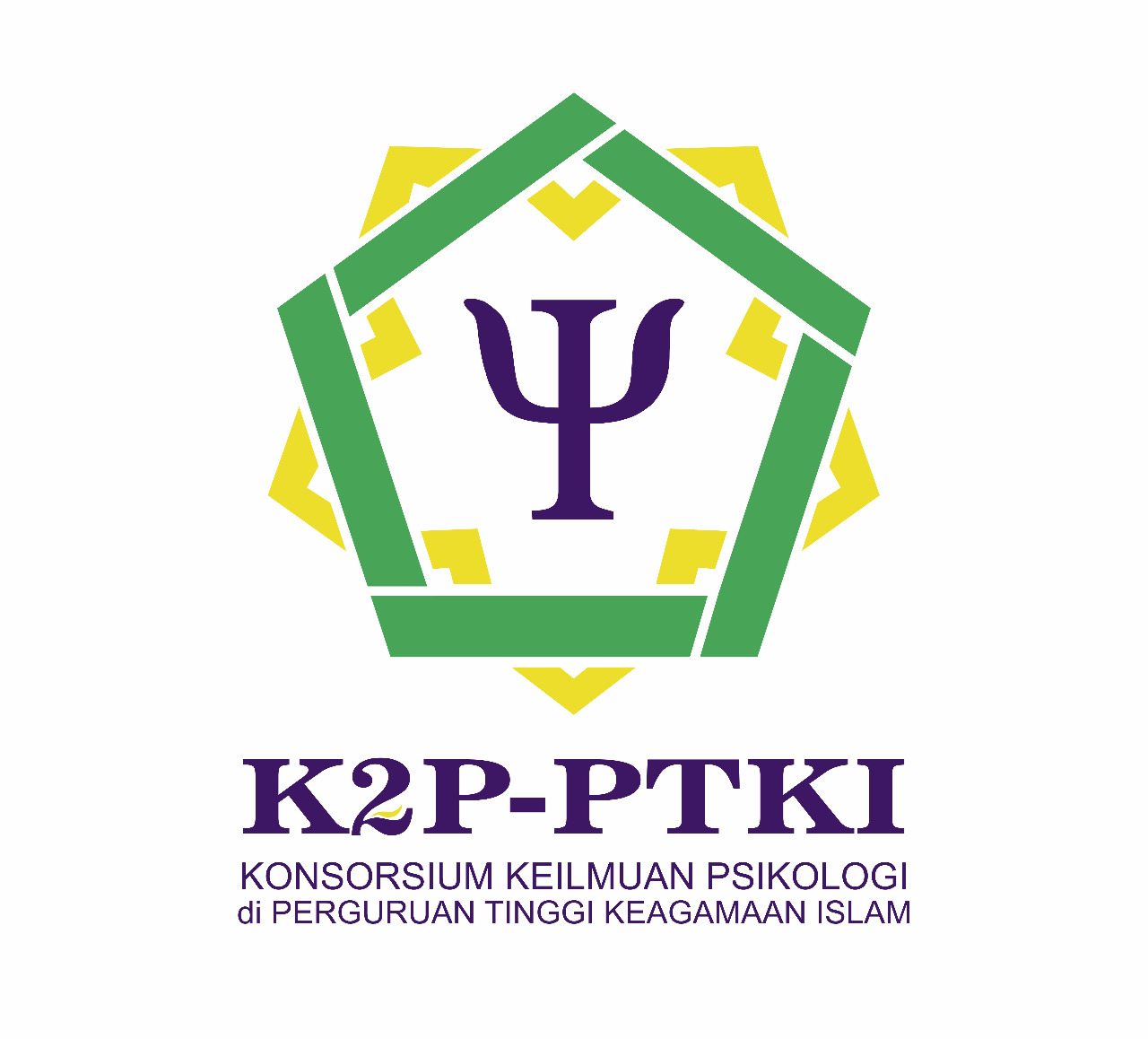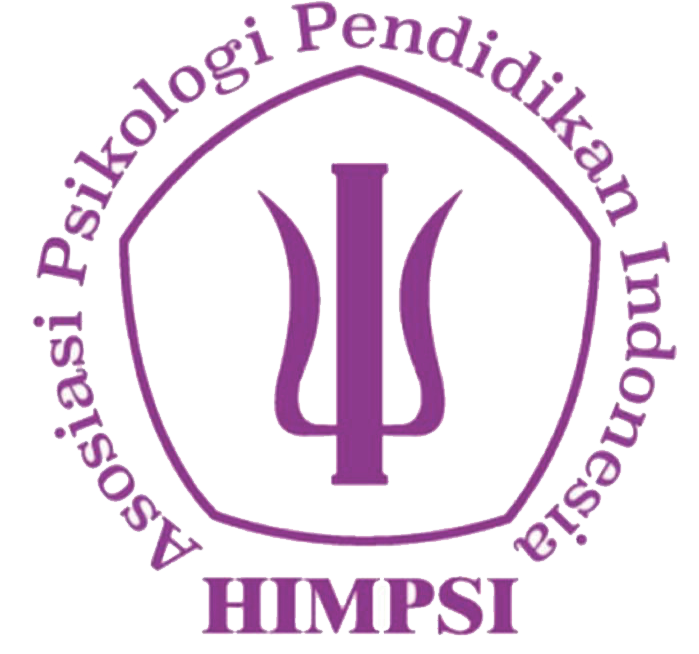Pengaruh Resiliensi dan Status Rantau Terhadap College Student Subjective Well-Being pada Mahasiswa
Abstract
Abstract: College students subjective well-being is an evaluation of someone’s life. That is, the extent of their meaningful assessments and affective reactions indicate that their life is desirable and going well. Several factors affected college students subjective well-being, such as resilience and demographics (overseas status). The research aims to describe the effect of resilience and overseas status on college students subjective well-being. The type of this research is quantitative research. The data collection method used demographic data on student status, college student subjective well-being questionnaire and resilience through a google form. The subjects in this research were college students in Bandar Lampung, amounting to 451 respondents using the accidental sampling technique. In this study, data analysis used multiple regression techniques. Based on the result of statistical tests, a significance value of .000 is .000 < .05. These show that resilience and student status simultaneously affect college students' subjective well-being with a correlation value of .640. in addition, resilience partially affect college student subjective well-being.Furthermore, these show that the higher the resilience, the higher the subjective well-being of the college student. However, partially overseas status does not affect college students subjective well-being. Overseas and non-overseas student status cannot affect college students subjective well-being.
Keywords: college student subjective well-being;resilience;overseas status;college student
Abstrak:College student subjective well-being merupakan evaluasi seseorang tentang kehidupannya, yaitu sejauh mana penilaian bermakna dan reaksi afektif mereka menunjukkan bahwa hidup mereka diinginkan dan berjalan dengan baik. Beberapa faktor yang mempengaruhi college student subjective well-being antara lain resiliensi dan demografi (status rantau). Penelitian ini bertujuan untuk memaparkan pengaruh resiliensi dan status Rantau terhadap college student subjective well-being pada mahasiswa. Jenis Penelitian Ini Merupakan Penelitian Kuantitatif. Metode Pengumpulan data menggunakan data demografi status mahasiswa, college student subjective well-being questionnaire dan kuesioner resiliensi melalui media google form. Subjek dalam penelitian ini yakni mahasiswa di Bandar Lampung yang berjumlah 451 responden dengan menggunakan teknik accidental sampling. Dalam Penelitian Ini Analisis data menggunakan teknik regresi berganda. Berdasarkan Hasil uji statistik, diperoleh nilai signifikansi sebesar .000 yang dimana .000 < .05. Hal ini menunjukkan bahwa resiliensi dan status mahasiswa secara bersama-sama (simultan) mempengaruhi college student subjective well-being dengan nilai korelasi sebesar .640. Selain itu, resiliensi secara parsial mempengaruhi college student subjective well-being pada mahasiswa. Hal tersebut menunjukkan semakin tinggi resiliensi maka semakin tinggi pula college student subjective well-being pada mahasiswa. Namun, secara parsial status rantau tidak mempengaruhi college student subjective well-being pada mahasiswa. status mahasiswa rantau dan bukan rantau tidak dapat mempengaruhi college student subjective well-being pada mahasiswa.
Kata Kunci: college student subjective well-being; resiliensi; status rantau; mahasiswa
Keywords
Full Text:
PDF (Bahasa Indonesia)References
Amelasasih, P., Aditama, S., & Wijaya, M. R. (2019). Resiliensi akademik dan subjective well-being pada mahasiswa. Proceeding National Conference Psikologi UMG 2018, 1(1), 161–167.
Devinta, M. (2016). Fenomena culture shock (gegarbudaya) pada mahasiswa perantauan di Yogyakarta. E-Societas, 5(3).
Diener, E., Lucas, R. E., & Oishi, S. (2002). Subjective well-being: The science of happiness and life satisfaction. Handbook of Positive Psychology, 2, 63–73.
Diener, E., Oishi, S., & Lucas, R. E. (2015). National accounts of subjective well-being. American Psychologist, 70(3), 234.
Eliza, F. F. (2018). Perbedaan kebutuhan dukungan sosial pada mahasiswa rantau dengan mahasiswa tidak merantau di fakultas psikologi universitas sumatera utara.
Fitriana, N. (2018). Perilaku Makan Dan Kesejahteraan Subjektif Mahasiswa. Insight: Jurnal Ilmiah Psikologi, 20(2), 104–111.
Fransisca, N. (2018). Hubungan antara dukungan sosial dengan psychological well-being pada mahasiswa perantau di Universitas Katolik Soegijapranata [(Doctoral dissertation,]. Unika Soegijapranata Semarang.
Gumintang, A. (2020). Hubungan antara resiliensi dengan kesejahteraan psikologis pada lansia di Pondok Lansia Al-Islah Kota Malang [(Doctoral dissertation,]. Universitas Islam Negeri Maulana Malik Ibrahim.
Halim, C. F., & Dariyo, A. (2016). Hubungan psychological well-being dengan loneliness pada mahasiswa yang merantau. Jurnal Psikogenesis, 4(2), 170–181.
Hendriani, W. (2018). Resiliensi psikologis: Sebuah pengantar. Kencana.
Hurk, M. V. D. (2006). The relation between self-regulated strategies and individual study time, prepared participation and achievement in a problem-based curriculum. Active Learning in Higher Education, 7(2), 155–169.
Kurniawan, S. R., & Eva, N. (2020). Hubungan antara dukungan sosial dengan kesejahteraan psikologis pada mahasiswa rantau. Seminar Nasional Psikologi UM, 1(1)).
Kwan, M. (2013). Hubungan antara religiusitas dan resiliensi. Skripsi. Universitas Sanata Dharma.
Oktakarianda, R. (2015). Subjective well being ditinjaudari faktor demografi (status pernikahan, jenis kelamin, tingkat pendidikan, status pekerjaan dan jumlah tanggungan) pada Petani Sawit [(Doctoral dissertation,]. Universitas Islam Negeri Sultan Syarif Kasim Riau.
Parmawati, R. (2007). Perbedaan motivasi berprestasi antara mahasiswa perguruan tinggi negeri- swasta ditinjau dari mahasiswa pendatang-bukan pendatang [(Doctoral dissertation,]. Universitas Muhammadiyah Surakarta.
Purwanti, D. A., & Kustanti, E. R. (2018). Hubungan antara resiliensi dengan psychological well-being pada ibu yang memiliki anak dengan gangguan autis. Empati, 7(1), 283–287.
Putra, W. (2019). DetikNews. JawaBarat. https://news.detik.com/berita-jawa-barat/d-4463416/tiga-mahasiswa-unpad-bunuh-diri-psikiater-ungkap-penyebabnya
RAHMI, N. A. (2015). Pengaruh faktor demografi dan non demografi terhadap tingkat fertilitas di [(Doctoral dissertation,]. UNIVERSITAS AIRLANGGA.
Renshaw, T. (2016). The college student subjective well-being questionnaire: a brief, multidimensional measure of undergraduate’s covitality. Journal of Happiness Studies, 17(2), 463–484.
Rohmad, R. (2014). Hubungan antara dukungan sosial dengan kesejahteraan subjektif pada mahasiswa fakultas psikologi universitas muhammadiyah Surakarta [(Doctoral dissertation,]. Universitas Muhammadiyah Surakarta.
Shaikh, A., & Kauppi, C. (2010). Deconstructing resilience: Myriad conceptualizations and interpretations.
DOI: https://doi.org/10.18860/psikoislamika.v18i2.13051

This work is licensed under a Creative Commons Attribution-NonCommercial-ShareAlike 4.0 International License.

------------------------------------------------------------------------------------------

pSIKOISLAMIKA by http://ejournal.uin-malang.ac.id/index.php/psiko is licensed under a Creative Commons Attribution-NonCommercial-ShareAlike 4.0 International License.



.jpg)


.jpg)





